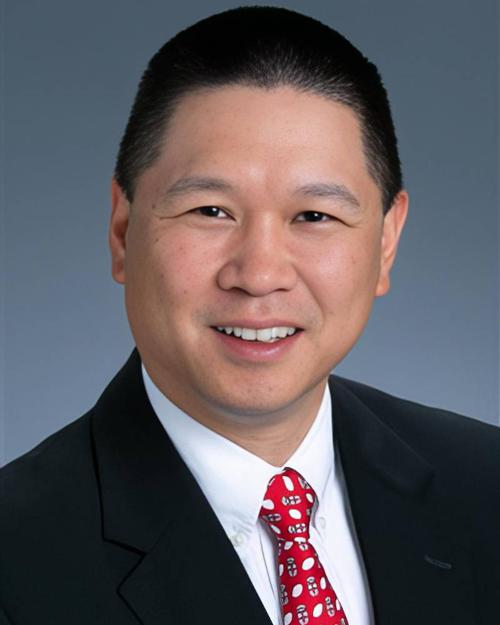
At Northside’s recent Cardiovascular Update in the Primary Care Setting, Dr. Andrew Yen, MD, FACC, FSCAI, shared the latest evidence-based approaches for assessing and preventing atherosclerotic cardiovascular disease (ASCVD) — the most common cause of heart attacks and strokes.
Prevention starts earlier than ever
Heart disease prevention now begins much earlier than many people think. Dr. Yen explained that screening for cardiovascular risk should start at age 20, not 40 as previously recommended.
“Early awareness gives us the best chance to prevent future heart disease,” Dr. Yen said.
“Even small changes in lifestyle — like improving diet, increasing activity, and avoiding tobacco — can have a lasting impact.”
Know your risk factors
Traditional risk factors such as high blood pressure, high cholesterol, diabetes, obesity, and smoking remain key contributors.
However, Dr. Yen highlighted several “risk-enhancing factors” that can help doctors identify who may benefit from earlier intervention, including:
- Family history of early heart disease
- Chronic kidney disease or inflammatory conditions (such as lupus or rheumatoid arthritis)
- History of pre-eclampsia or early menopause
- Certain ethnic backgrounds, including South Asian heritage
- Elevated blood markers like triglycerides, high-sensitivity CRP, or lipoprotein(a)
For people with diabetes, additional factors like albumin in the urine, nerve damage, or vision changes can further raise risk.
Personalized risk calculators
Dr. Yen also discussed modern risk calculators that help clinicians estimate a patient’s likelihood of developing cardiovascular disease:
- The ASCVD Risk Estimator Plus assesses 10-year and 30-year risk based on cholesterol, blood pressure, diabetes, and smoking status.
- The AHA PREVENT Calculator (2023) goes further, incorporating additional factors like kidney function, blood sugar (A1C), and even zip code to reflect social and environmental influences on heart health.
“These tools help us tailor prevention strategies to each individual,” Dr. Yen noted. “It’s not one-size-fits-all.”
Coronary calcium scoring: A powerful predictor
For patients whose risk level isn’t clear, a Coronary Artery Calcium (CAC) score can provide additional insight.
This quick, noninvasive CT scan measures calcium buildup in the heart’s arteries and helps determine whether medication — such as a statin — may be beneficial.
Dr. Yen shared that CAC scoring is most useful for patients at intermediate risk, typically between ages 40 and 75, and can guide decisions about cholesterol-lowering or aspirin therapy.
Aspirin: Less is more
While low-dose aspirin has long been used to prevent heart attacks, Dr. Yen emphasized that it’s no longer recommended for routine use in most adults.
“Aspirin still plays a key role in patients with known heart disease,” he said, “but for prevention, it’s only beneficial for select high-risk patients who aren’t at risk of bleeding. For many others, the risks outweigh the benefits.”
The bottom line
Dr. Yen’s message was clear: preventing heart disease starts early, and the best defense is a personalized, proactive approach.
Key takeaways
- Begin screening for heart risk by age 20.
- Focus on heart-healthy habits from a young age.
- Ask your doctor about risk-enhancing factors and risk calculators.
- Consider a coronary calcium scan if you’re in an intermediate-risk group.
- Use aspirin only under medical guidance.
“Our goal,” Dr. Yen concluded, “is to make heart disease prevention simple, evidence-based, and focused on the whole patient.”
Learn more about Northside Hospital Heart Institute.

